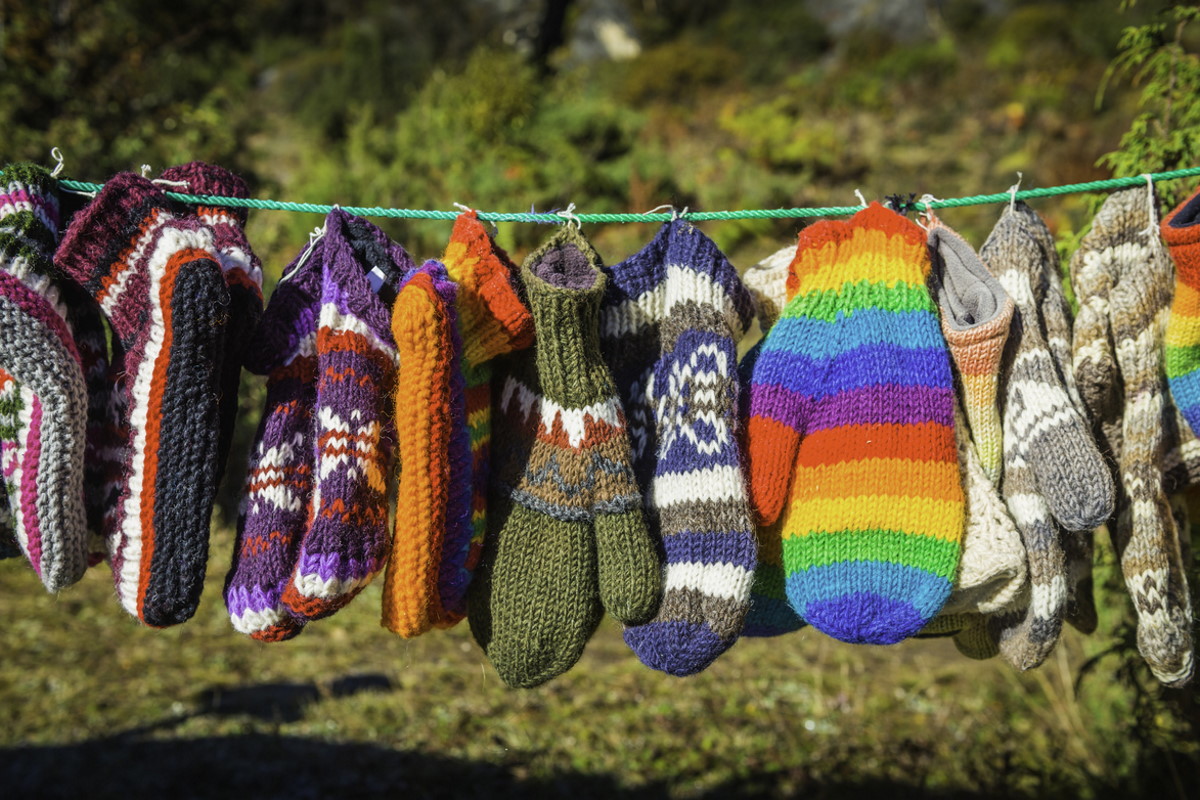Louise Vaughan from the Definition PR agency explains how you can leverage social media to repair a damaged reputation – and when you can’t.
The way a crisis is handled can be the making or breaking of a company and, while the landscape has significantly changed with the entrenchment of social media, there are some basic rules to follow.
Calm and decisive communications
When things go badly wrong, it’s important to stay calm. Good decisions are never made in a panic and it’s vital to remain collected to reassure your team and inspire confidence.
Apply clear thinking to the situation and analyse response options with key executives before agreeing on a plan of action. When this is confirmed, act decisively.
When a crisis goes public, it will always attract legitimate media attention and nowadays that includes everybody with a social media account. When dealt with effectively, the media can actually help save the situation, but mishandled it can make a bad situation worse.
Proactive messaging
First up, it’s essential that you get on the front foot in communicating so that you can steer the conversations and – most importantly – not be perceived as on the defensive.
This must be fast, and social media is a wonderful tool for immediate communications and journalists feed from those channels.
When putting out your agreed response, you must be as honest as possible within the bounds of confidentiality as obfuscation can lead to more problems. Things go wrong – it’s how you deal with them that matters.
How not to use social media
The retailer Anthropologie gives us a clear lesson in what not to do. It was one of countless brands to speak up in support of the Black Lives Matter movement in June 2020. But it didn’t take long for current and former employees from across the globe to call out the retailer in public in comments across its social media channels, revealing nicknames they were told to use in racially profiling customers.
As well as this, the brand has been slammed for cultural appropriation and a lack of black collaborators on the books despite many of its designs reflecting those created by BAME artists.
The brand put out a post claiming to be listening to the community and watching their practices, but it wasn’t enough – we needed a public apology. At the time, I did a quick Google of ‘Anthropologie’. It pulled up a Daily Mail article covering this PR disaster. On page one. That isn’t what you want to be on page one of Google for.
The brand than embarked on a protracted social media silence, presumably because it could not counter the backlash in the comments.
Volkswagen have also come under fire recently for an advert that was perceived as racist. The ad, which showed a pair of giant white hands moving a black man away from a new yellow Volkswagen Golf before flicking him into a café called “Petit Colon” (French for little colonist) was withdrawn.
When it comes to effective reputation management strategies, VW seems to steer itself from communications car crash to communications car crash, looking like bumbling back seat drivers rather than manoeuvring to avoid impact.
The brand is still reeling from the £25 billion cost of the emissions scandal, as well as a run of race- and gender-related PR gaffs over the last few years. This latest incident forms another dent in the brand’s global reputation. Juergen Stackmann, the VW brand’s board member for sales and marketing, and Elke Heitmueller, head of diversity management, took to Twitter and LinkedIn to apologise.
By initially attempting to defend what was quickly and widely recognised as an indefensible position, VW exacerbated the situation, adding fuel to a social media fire which directly and rightly called it to account.
How the ad concept made it through internal approvals is a separate issue. However, as soon as the error came to light, VW should have acknowledged its lack of judgement, pulled the ad immediately, formally apologised for the offence caused and clearly articulated the measures it would put in place to improve its diversity and inclusion checks moving forward.
Regret, reason and remedy
In crisis communications use of the three Rs – Regret, Reason and Remedy – should form the backbone of any effective crisis response. But this needs to be done quickly, decisively and should be accompanied by a serious and rapid operational solution.
To be fair to VW, it did communicate measures taken to improve its diversity sensitivity and checks in marketing. But the whole incident will have left a sour taste in the mouths of many customers.
And sometimes a situation is indefensible and therefore unsalvageable. Boohoo came a cropper after allegations of human rights abuses in its Leicester-based supply chain. This wiped 40 per cent off its share price in two weeks, costing its founders more than £400 million.
This is an example of a situation that is too serious to be solved with good communications. Reputation management can’t make up for poor practices or operations and it’s important to make the distinction.
Louise Vaughan is the co-founder and managing director of PR agency Definition.
Main image courtesy of iStockPhoto.com




